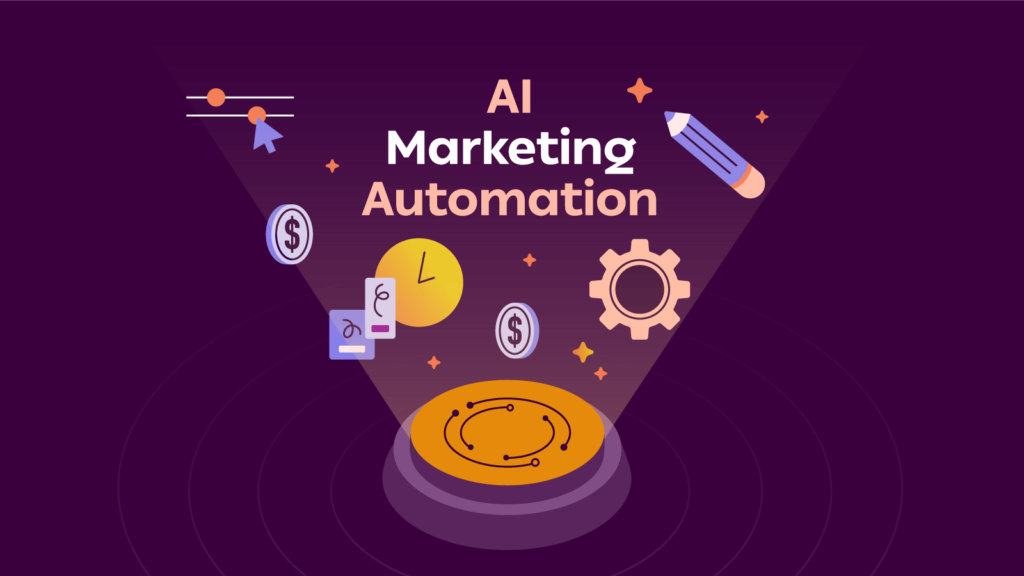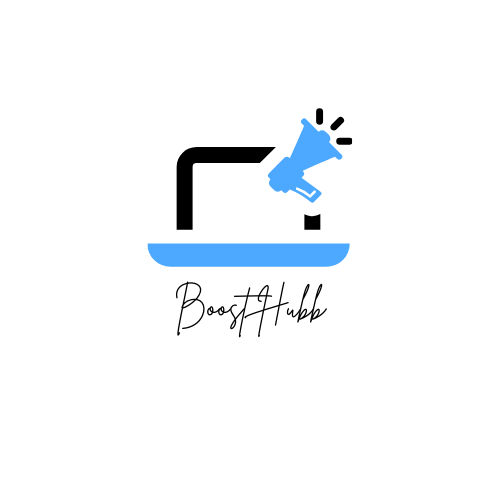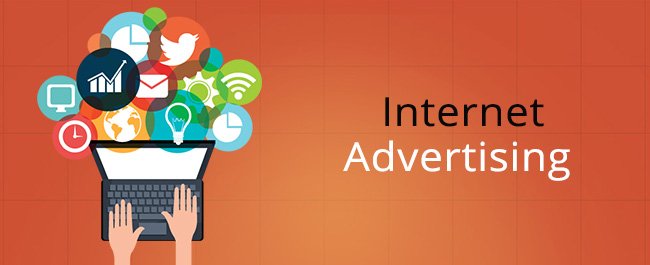
Marketing Automation refers to the use of software tools and technologies to automate repetitive marketing tasks and processes, enabling businesses to streamline their efforts, increase efficiency, and deliver personalized marketing at scale. In essence, it allows marketers to use data and insights to automatically trigger marketing actions across multiple channels such as email, social media, websites, and even mobile applications, based on customer behaviors and preferences. This automation can significantly improve the way a business engages with its customers and prospects, driving conversions and enhancing customer relationships without requiring constant manual input.
Key Benefits of Marketing Automation
Efficiency and Time Savings
The primary benefit of marketing automation is that it frees up valuable time for marketers by eliminating the need for manual execution of repetitive tasks. Once an automation workflow is set up, it can run on its own, handling follow-up emails, social media posts, and lead nurturing automatically. This means that marketing teams can focus on strategy, content creation, and more complex tasks that require human input.Personalization at Scale
Automation allows businesses to personalize communication with their audience at a level that would be nearly impossible to achieve manually. By leveraging customer data, businesses can create tailored experiences for each individual based on their preferences, behavior, or stage in the sales funnel. This leads to higher engagement rates and stronger customer loyalty, as customers feel understood and valued.Consistent Customer Experience
Marketing automation ensures that communication with customers is consistent across all touchpoints, providing a cohesive experience that aligns with their needs and interests. Automated workflows can trigger responses to customers at the right time, such as sending a special offer on their birthday or reminding them of an abandoned cart. This consistency builds trust and enhances the customer experience.Improved Lead Conversion
With automated lead nurturing, businesses can stay engaged with potential customers over time, gradually moving them through the sales funnel. By providing the right content or offers at the right time, automation helps increase the likelihood of converting a lead into a paying customer. Lead scoring also helps prioritize the leads who are most likely to convert, ensuring that sales teams focus their efforts on the best opportunities.Better ROI
Marketing automation helps businesses get more value from their marketing budget. By automating tasks like email follow-ups, lead nurturing, and customer segmentation, businesses can reduce costs associated with manual work and increase the efficiency of their marketing efforts. Furthermore, automation allows for continuous optimization through A/B testing and data-driven adjustments, leading to better overall performance and higher ROI.









